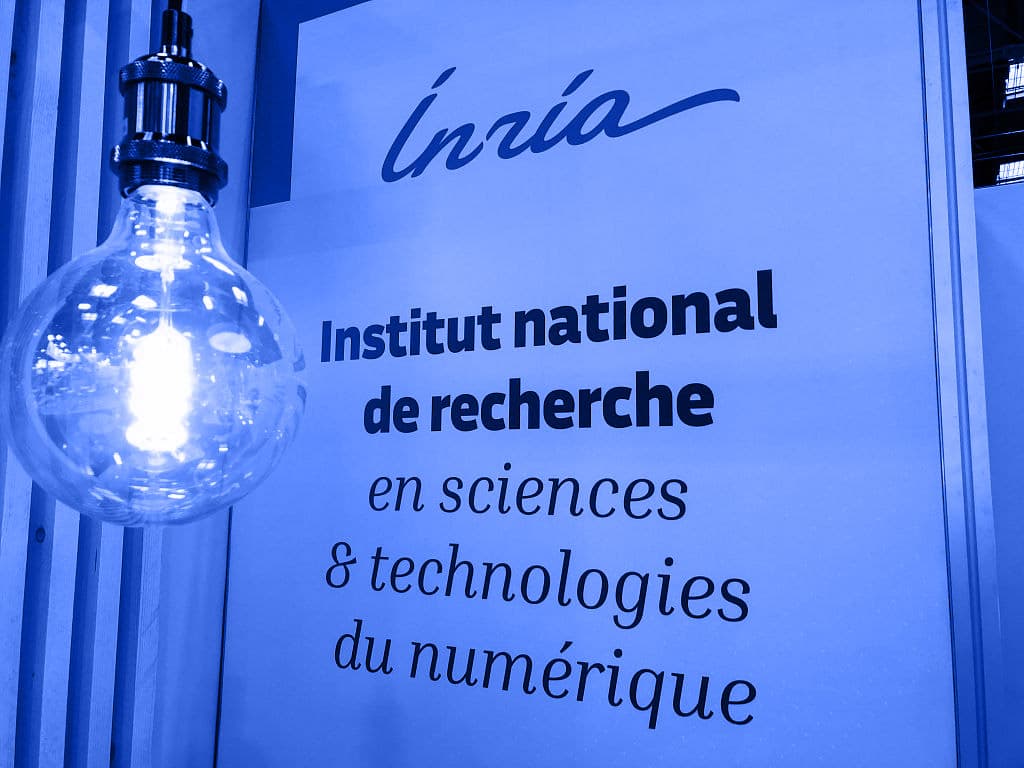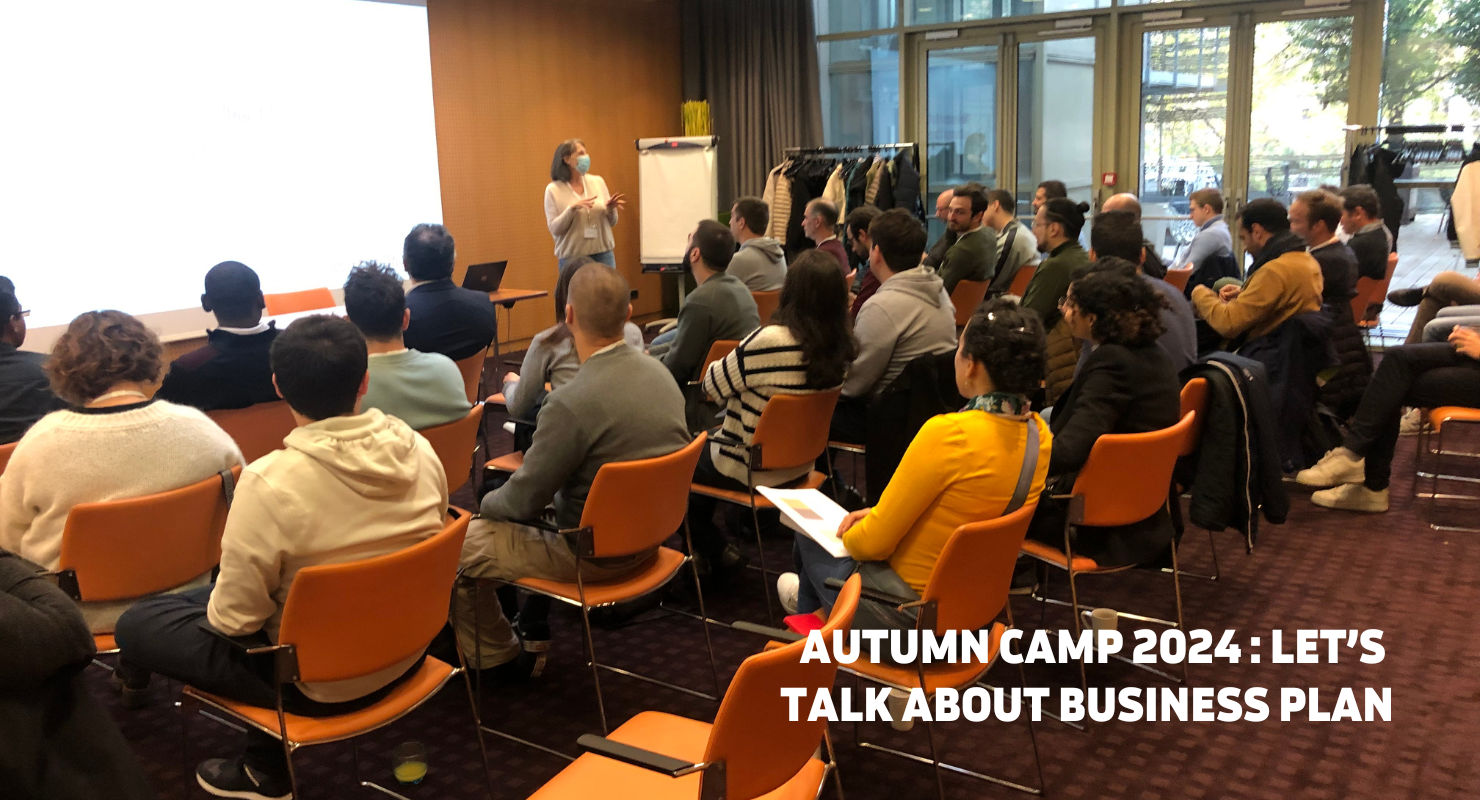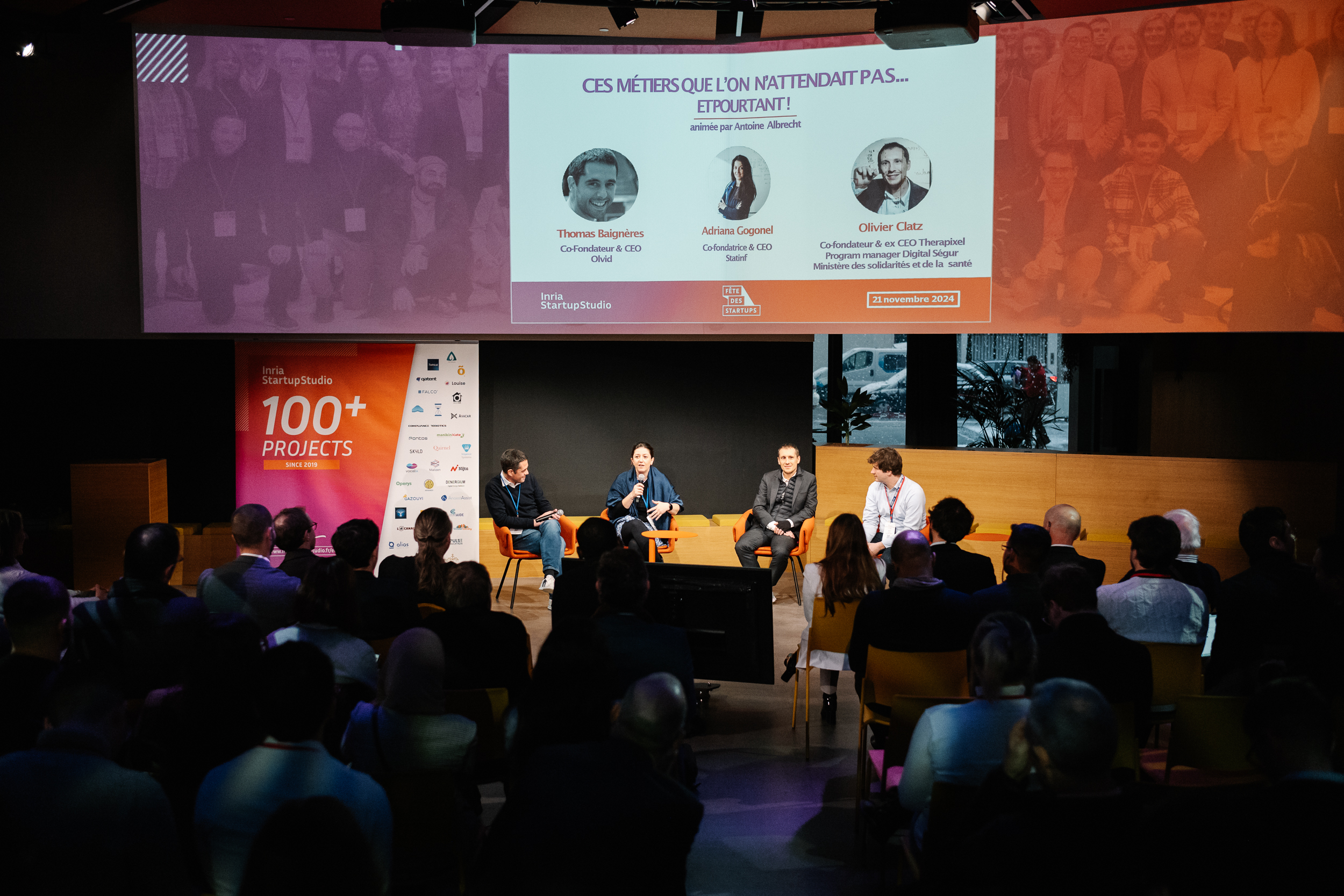
The « Loi Pacte » for dummies by a passionate non-expert…
For many years, I have been reading again and again the law about the creation of startups resulting from public academic research (mistakenly called the “Pacte law”). I read with as much passion the internal explanatory documents by research organizations. It is a delight for lovers of pataphysician logic.
We have at Inria Startup Studio many permanent researchers wondering about creating a startup and the law defines the rules that researchers (mainly civil servants) must follow when they wish to be part of the adventure of a startup from its inception, whether through consulting or management activities, and indirectly through shareholding in these companies.
For many years, I have been reading again and again the law about the creation of startups resulting from public academic research (mistakenly called the “Pacte law”). I read with as much passion the internal explanatory documents by research organizations. It is a delight for lovers of pataphysician logic [1].
But before describing as simply as possible the possibilities given by the “Pacte law”, one must know the general obligations, the rules that try to prevent or manage possible conflicts of interest, the rules about side activities described in the articles 121 to 125 of the Code of the Public Service : to say it simply, everything is forbidden except if explicitly authorized.
As this was quite frustrating for some, the rules were gradually relaxed. The public support system for the creation of startups resulting from research (in particular articles 531-1 to 531-17 of the Research Code), a follow-up and evolution of the “loi Allègre” in 1999, describes the exceptions to these general prohibition rules.
Three schemes for researchers
There are, to simplify, three main schemes:
- To be a shareholder or a manager in a company to be created (531-1) or existing (531-6) with the condition that there is, in a maximum of one year after the authorization, a contract of valorization of the research activity (done or not by the applicant).
- To bring an expertise (the “Concours Scientifique”) to an existing company (531-8) wi the same constraints as above.
- To be a member of the management boards of a company (531-12) in order to facilitate the diffusion of the results of public research. I understand this a becoming a board member or an equivalent, whereas being a manager is covered by the first scheme. It is interesting to notice that there is no need for a valorization contract in this third case.
The valorization of the research activity
The term “valorization of the research activity” puzzles me. I think it means a license of “technical” intellectual property (that is a patent application or copyright on technical software resulting from research activity) but probably not other forms of non-technical intellectual property (such as trademarks, artistic and non-technical design). I can imagine that there is a grey zone for technical documents which are secret (describing know-how), technical design (plans and drawings) or prototypes. Final topic : open source software. If the license chosen for open-source is permissive, it seems difficult to integrate such a license in a valorization contract. I could not find legal texts about this. It will probably depend upon the type of license.
A parenthesis
As a useful parenthesis, I should have already mentioned what are the rules when a company has no link with the employer of the researcher. She or he seems to have the right to own shares in such a company (in particular if this is a part of her or his personal wealth management) if there are no risks of conflicts of interest. You can hold shares in a pizzeria provided that it does not sell a part of its production to your administration. Ditto for owning Google shares: make sure that this action is not likely to compromise your independence as a researcher.
The alternatives in practice
Parenthesis closed. In practice, the alternatives in three schemes are,
- either the applicant wishes to keep his or her activity as a full-time researcher, he or she will then apply for a “Concours Scientifique”, which gives in general 20% of the (free?) time to the company in the form of expertise and even more: the researcher can in fact perform broader tasks than consulting, provided that the agreement between the company and the research institute specifies them. More information can be found in the links at the end of the article;
- or the applicant wishes to become involved as a manager or employee in the company, she will then make a request for “Mise à Disposition” for a part-time amount to be defined. “Détachement” is an administrative alternative, but I have the feeling it is seldom asked for. During the first year, her employer should not request reimbursement from the company, but will do so from the second year (unless an – exceptional – exemption is granted by the Board of Directors of the research establishment). It seems that being a shareholder without having an activity with the company is not possible, do not think of being a simple dormant investor (even if the thing does not seem to be entirely impossible);
- finally, if the researcher does not find a satisfying solution in the two previous cases, he can consider joining the “management bodies”. The latter case seems to be the least common of the three alternatives.
In all 3 cases, the applicant may be a shareholder of the company under specific conditions. He may also be entitled to additional remuneration depending on the three situations.
Authorizations are granted “for periods of a maximum of three years”, within the limit of a total duration of ten years. A response must be given to you within 4 months, failing which the request is refused (you read correctly, refused), except it seems if your employer has asked the High Authority for the transparency of public life.
All this is valid for civil servants and also in theory for agents under contracts, hired for at least one year according to article 531-17. But the specific conditions must be fixed by a decree of which I do not know the existence and which seems to me not to exist. And for these agents, there is a sibylline sentence in article 3 of the implementing decree for articles 413-1 et seq.: “As of the effective date of the authorization, the administration terminates the functions of the agent.”
In conclusion, contact the experts
I admit it, the more I think I understand, the more the complexity of the texts appear obvious to me. I am a scientist by training, someone who often tends to make a clean sweep of the past. Law is not a scientific activity; it is a human activity that takes into account the history and tensions of a society. We must therefore accept this complexity. So here is my friendly advice: contact your human resources department and hope that they interpret the text according to your wishes or at least find a solution so that you can embark on the adventure…
[1] The 2020 activity report of the High Authority for the transparency of public life devotes 5 pages [37-41] to the subject and I quote: “The legal framework relating to the different types of combination of activities likely to be authorized proves to be particularly complex to apprehend both for the administrations and for the public officers. […] This complexity of the system governing the combination of authorized activities, as well as the confusion with the missions previously devolved to the Public Service Ethics Commission in this area, largely explain these difficulties.”
Articles of the law (all in French)
Article 123-1 du Code de la Fonction Publique – Rules for side activity https://www.legifrance.gouv.fr/codes/section_lc/LEGITEXT000044416551/LEGISCTA000044420763/#LEGISCTA000044427823
Articles 411-1 et seq. du Code de la Recherche – Mission and fundamental guarantees https://www.legifrance.gouv.fr/codes/section_lc/LEGITEXT000006071190/LEGISCTA000006137613/#LEGISCTA000006137613
Articles 242 et seq. du Code de la Recherche – Statutory provisions common to civil servants in public scientific and technological establishments https://www.legifrance.gouv.fr/loda/article_lc/LEGIARTI000045731212
Articles 531-1 et seq. du Code de la Recherche – Participation of research personnel in business creation and in the activities of existing businesses https://www.legifrance.gouv.fr/codes/section_lc/LEGITEXT000006071190/LEGISCTA000028617108/#LEGISCTA000028617108
Implementing decree no. 2019-1230 of Nov. 26, 2019 implementing articles L. 531-1 to L. 531-17 https://www.legifrance.gouv.fr/loda/id/JORFTEXT000039421850
“Mise à Disposition” for contractual agents https://www.legifrance.gouv.fr/loda/article_lc/LEGIARTI000045662442
Loi de Programmation de la Recherche 2021-2030 https://www.legifrance.gouv.fr/dossierlegislatif/JORFDOLE000042137953/
More links
For Inria employees, the internal note on the institute’s intranet, “Mobility of Inria research staff to companies” https://gedei.inria.fr/decision/silo/decisions/14826.pdf
The (clear and exhaustive) explanations by BPIFrance https://bpifrance-creation.fr/encyclopedie/porteur-projet-preparation-droits-obligations/situation-droits-obligations
Another fairly clear point of view from INP Grenoble https://www.grenoble-inp.fr/fr/recherche-valorisation/loi-sur-l-innovation
Focus on “Concours Scientifique” according to Ouest Valorisation https://www.ouest-valorisation.fr/dossiers-d-experts/les-personnels-de-recherche-dans-lentreprise-focus-sur-le-concours-scientifique
A publication by trade union SGEN CFDT about side activities in 2020 https://sgenplus.cfdt.fr/article/cumul-dactivites
Activity report 2020 de la Haute Autorité pour la transparence de la vie publique https://www.hatvp.fr/rapports_activite/rapport_2020/pdf/HATVP_RA2020.pdf
Publication date: 17/10/2023
Want to get started ?






